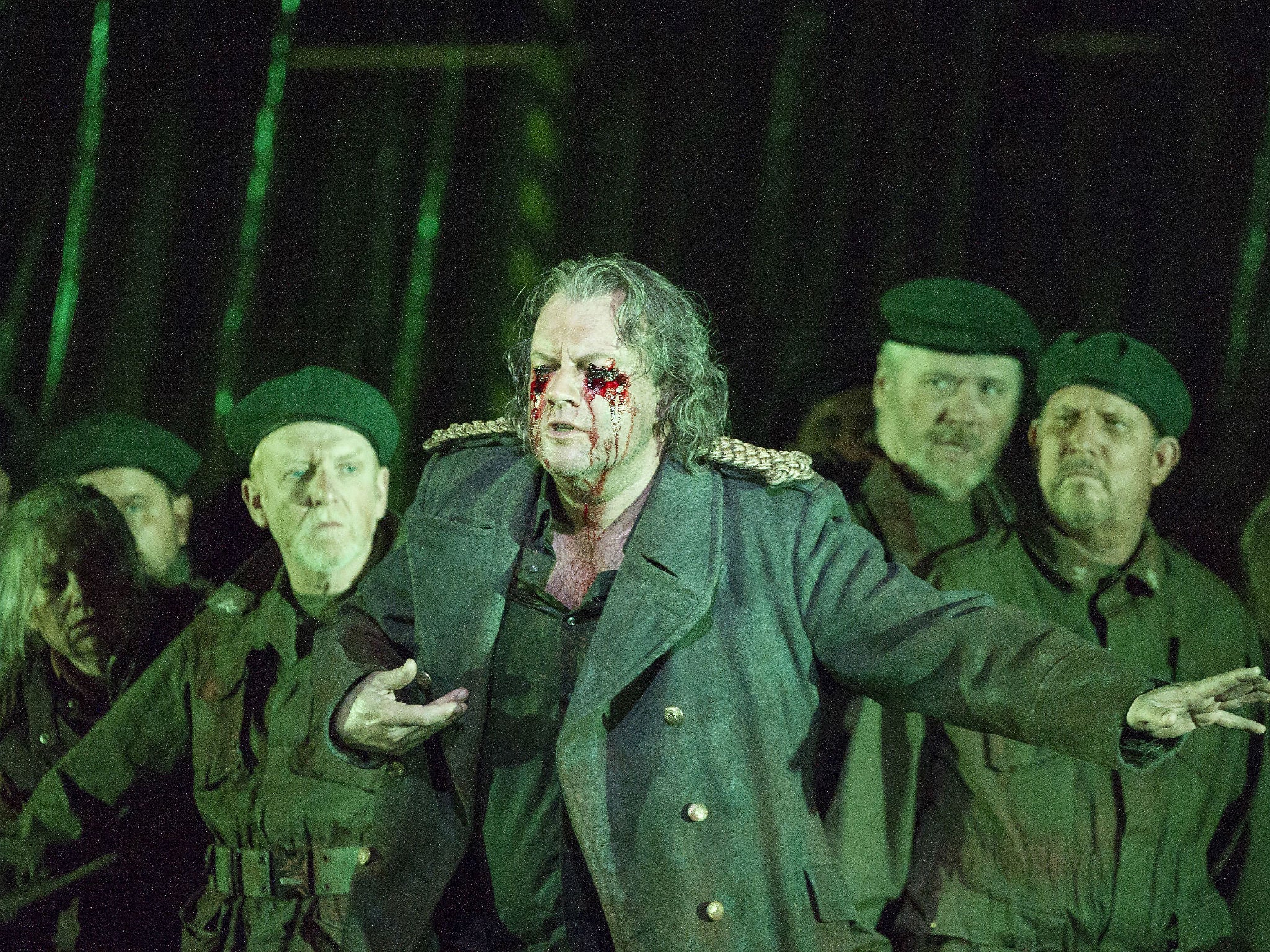
His originality-himself-is not there, of course. No-a writer prefers, usually, in his work the resemblances-how it accords with what he has read. Lunch was preceded by a cocktail, mixed by the famous hands, which Cocteau said he had learned to make from a novel by Peter Cheyney: “white rum, curaçao, and some other things.” Lunch finished, the recorder was plugged in.Īfter you have written a thing and you reread it, there is always the temptation to fix it up, to improve it, to remove its poison, blunt its sting. Weisweiller’s dining terrace walls, and provokes strange reminiscences of the slumbering Roman soldiery in the “Resurrection” of Piero della Francesca. You saw the schooner-form yacht of Niarchos out on the water toward Villefranche, where Cocteau lived in the Hotel Welcome in 1925 with Christian Bérard and wrote Orphée the poet was framed by his own tapestry of Judith and Holofernes, which covers the whole of one of Mme. The villa entrance was framed by facsimiles of two great Etruscan masks from his staging of his Oedipus Rex-a kind of static opera in scenes which he wrote after music by Stravinsky-masks worked in mosaic into the cement walk that winds through gardenia bushes and lilies to the portal out on the point of Cap Ferrat. Alec Weisweiller a few months before Cocteau’s death in the fall of 1963. The taped interview took place in the Riviera villa of Mme. The hands gripped the spear the talc-white face from the age of Diderot became anguished. He chatted with eminent grace between takes, then went over to stretch out again (upon a tarpaulin laid down out of camera range) on the floor of the quarried-out cavern in rock, lit up eerily by the floodlights, to be the transpierced poet-a spear through his breast (actually built around his breast on an iron hoop under his jacket). “He who sees further renders less of what he sees, however much he renders.”įirst met on the set of Le Testament d’Orphée in 1959 among the lime rocks, tortured as they are into Cocteauan shapes by the wind, at Les Baux in Provence-significantly on the day he filmed the death of the poet, himself-Cocteau treated the interviewer to a glimpse into a life that bridges two epochs (Proust and Rostand to Picasso and Stravinsky). In Cocteau’s case, there was no doubt that a rapidity of intelligence accounted for the multiplication, juxtaposition, proliferation, and mixing of experience and its exterior face, behavior-as well as for what was often called a certain superficiality or légèreté. One thinks of a different time stage as a real possibility: differing human beings apparently all on the same physical ground living actually at different accelerations. His parents went to the head of the asylum and accused him of having kept a sane man incarcerated.Ĭocteau’s vivacity of intelligence caused him to live in a world of accelerated images, as if a film were run in fast motion. In his trunk were found some of the masterpieces of impressionism, which had by then acquired considerable value. Locked in an insane asylum for fifteen years, he died there.


I buy only what I don’t like.” A young Netherlander, said Cocteau, was the first to buy the impressionists and take them home. But my parents missed the chance of buying the impressionists cheap because they didn’t like them. “Do you like these?” Cocteau finally asked.
#Rare oedipe paris opera pulls full
Interviewed by William Fifield Issue 32, Summer-Fall 1964Ī collector had a house full of horrible things.


 0 kommentar(er)
0 kommentar(er)
